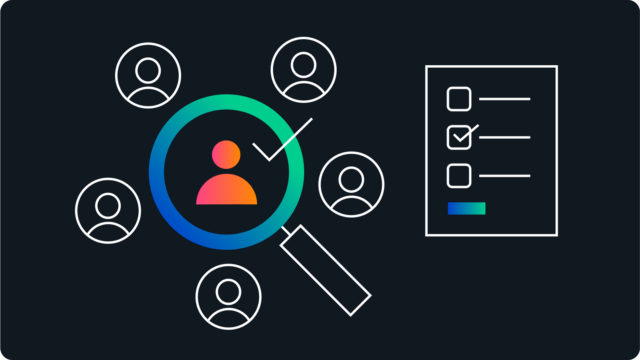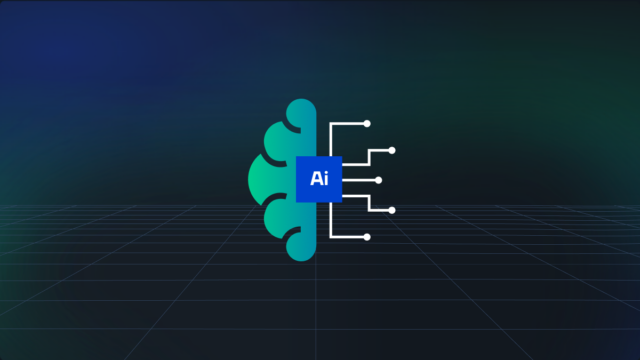My website is live – now what?

Your new site is up and running. But it’s time to execute your marketing plan, which includes capturing email addresses for your newsletter. You need to add two new bios to your About page. You’re also blogging two or three times a week. Getting that website built was only the beginning.
When you’re searching for a web development and design agency, keep in mind that you’ll be working with this agency on a long-term basis, not just for the initial project. It’s a cozy relationship. When it comes down to it, you want to hire an agency that will be a true partner, and one that will give you support long after the launch of your website.
One aspect of this support relationship is about managing content. Usually, there are three types of ongoing relationships you can have with an agency. To ensure you select the right agency, it’s important to understand what your relationship will look like after your site is live.
3 common types of relationships you can have with an agency:
1. They manage your content for you as part of a monthly retainer.
Pros: You don’t need to learn how to use your site’s content management system. You are also able to anticipate your monthly costs because you’ve agreed to a monthly content management retainer.
Cons: The speed and frequency of your content updates is now dependent solely on the efficiency of the agency. If the agency isn’t set up to provide adequate support, you may get frustrated with slow response times. Even if they offer excellent support, you may prefer the flexibility to make your own immediate updates.
2. They manage your content for you on an as-needed basis, charging an hourly billable rate.
Pros: Like the first relationship, in this case you don’t need to learn how to use your site’s content management system and have the support of a team of experts. If updates are needed at less frequently, you can pay as you go.
Cons: Similar to the previous relationship, updates are dependant on the agency. If you do not have a monthly retainer, updates may take longer. Typically the agency will need to provide a quote, you will need to provide approval, and then the work will be scheduled for completion. As well, you won’t necessarily be able to anticipate your costs in advance if the company is billing you by the hour.
3. They provide you with a content management system (CMS) that allows you to manage your content at your convenience.
Pros: A CMS empowers you to take charge of your content and make changes when you need them made. Typically the agency will provide you with admin access, where you can make changes to your website’s content.
Cons: There’s a learning curve to a CMS, but not a steep one. Also, no CMS allows you to change anything and everything on your website — you will still need the support and expertise of the agency you’ve hired.
Many of our clients benefit from access to a CMS, but still rely on our team for ongoing support to maximize the effectiveness of their website. This includes content updates, but also design and functionality updates. In most cases, you can expect a hybrid between relationship 3 and either 1 or 2.
Content Management Systems are intuitive and easy to use
Today’s best CMS’s are easy to access directly from your browser. With a CMS, you will be able to make changes to your website when you need to make them, and without additional fees.
Should you decide to add functionality to your website or make significant architectural changes, your agency will be able to do this for you.
If you don’t want to update the website yourself and want to lean on the expertise and service of an agency (relationship 1 and 2), ask about their response times and process for handling these updates. They should be able to explain the process, so you feel confident changes will get made on time and at an agreed upon rate.
Questions to ask an agency
- What’s the billable rate?
- For post-launch changes and updates, how will you quote and charge me?
- Will you build the site so it works with a CMS?
- How reliable and robust is the CMS you’re recommending?
- Do you provide one-on-one or video training to show me how to use the CMS properly?



